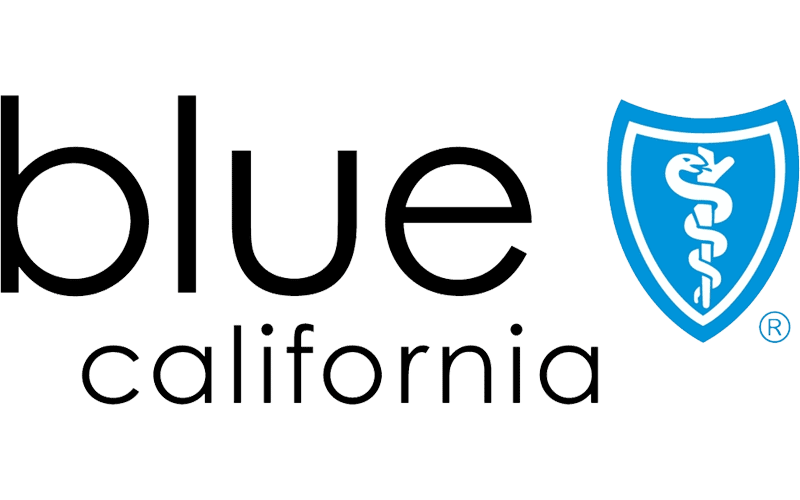Accepted health insurance plans






What is codependency?
Codependency is a behavioral pattern where your sense of worth becomes tied to another person’s needs, emotions, or problems. It often leads to neglecting your own well-being, difficulties with boundaries, and emotional distress in relationships.
With compassionate care, change is possible. Psychiatric support can help you build healthier boundaries, strengthen self-esteem, and create more balanced connections.
Up to 90%
experience it
Many people struggle with codependent patterns in relationships. (NCBI)
Often linked to
other conditions
Codependency commonly occurs with anxiety, depression, or trauma.
Not a formal
diagnosis
Though not a clinical disorder, codependency impacts mental health.
Recovery is
possible
With therapy and psychiatric support, healthier connections can grow.
Treatment options we offer
Psychiatric evaluation & diagnosis
Identify codependent patterns and screen for related issues.
Medication management
Support for anxiety or depression linked with codependency.
Therapy referrals or combined care
Referrals to trusted therapists for boundary and self-esteem work.
Telehealth services
Receive expert care from the comfort of home.
Why choose us for codependency treatment
Board-certified psychiatrists and psychologists
Experienced in treating codependency and related concerns.
Personalized, evidence-based plans
Care focused on boundaries, self-worth, and relationship health.
Confidential and compassionate care
No judgment—just understanding, care, and expert treatment.
We accept most major insurance plans
Aetna, Magellan, Cigna, Blue Shield, MHN, Healthnet.
7 signs of codependency you shouldn’t ignore
Everyone wants to care for loved ones—but when your self-worth depends on meeting others’ needs, it can take a toll on your well-being and relationships. Over time, these patterns may leave you feeling drained, anxious, or disconnected from yourself.
Here are 7 signs of codependency you shouldn’t ignore—especially if they’ve been affecting you for weeks or months.
1Feeling responsible for others’ problems You often take on the role of fixer, feeling it’s your duty to solve other people’s struggles.
2Difficulty setting boundaries You struggle to say no, even when it means sacrificing your own needs or well-being.
3Constant need for approval Your self-worth feels tied to being needed or accepted by others, leaving you anxious about rejection.
4Neglecting your own needs You put others first so often that your own health, emotions, or goals are left behind.
5Low self-esteem You may feel unworthy or define your identity by the relationships you’re in rather than who you are.
6Anxiety when not needed You feel uneasy or distressed if you’re not relied on, fearing you’ll lose connection or value.
7Relationships feel unbalanced You notice patterns where you give far more than you receive, leaving you drained and unfulfilled.
When to reach out for help
If codependency is leaving you drained, anxious, or struggling in your relationships, you don’t have to go through it alone. Baywell’s board-certified psychiatrists provide confidential evaluations, medication support, and therapy referrals to help you build balance and self-worth. Support is here—without judgment.
Questions or concerns?
If you need help, please call our office at 415-922-9122 and our receptionists will assist you. Zoom’s FAQ page may also help to answer some of your questions.
Zoom HIPAA compliance
The Zoom software used by Baywell is HIPAA compliant to protect your privacy and security in accordance with federal laws. We encourage our patients to review Zoom’s HIPAA compliance datasheet for more information.
Start healing from codependency today
You deserve healthy, balanced relationships. Our team provides confidential, compassionate care to help you reclaim your sense of self.
Call 415-922-9122 to get connected with a Baywell provider.
